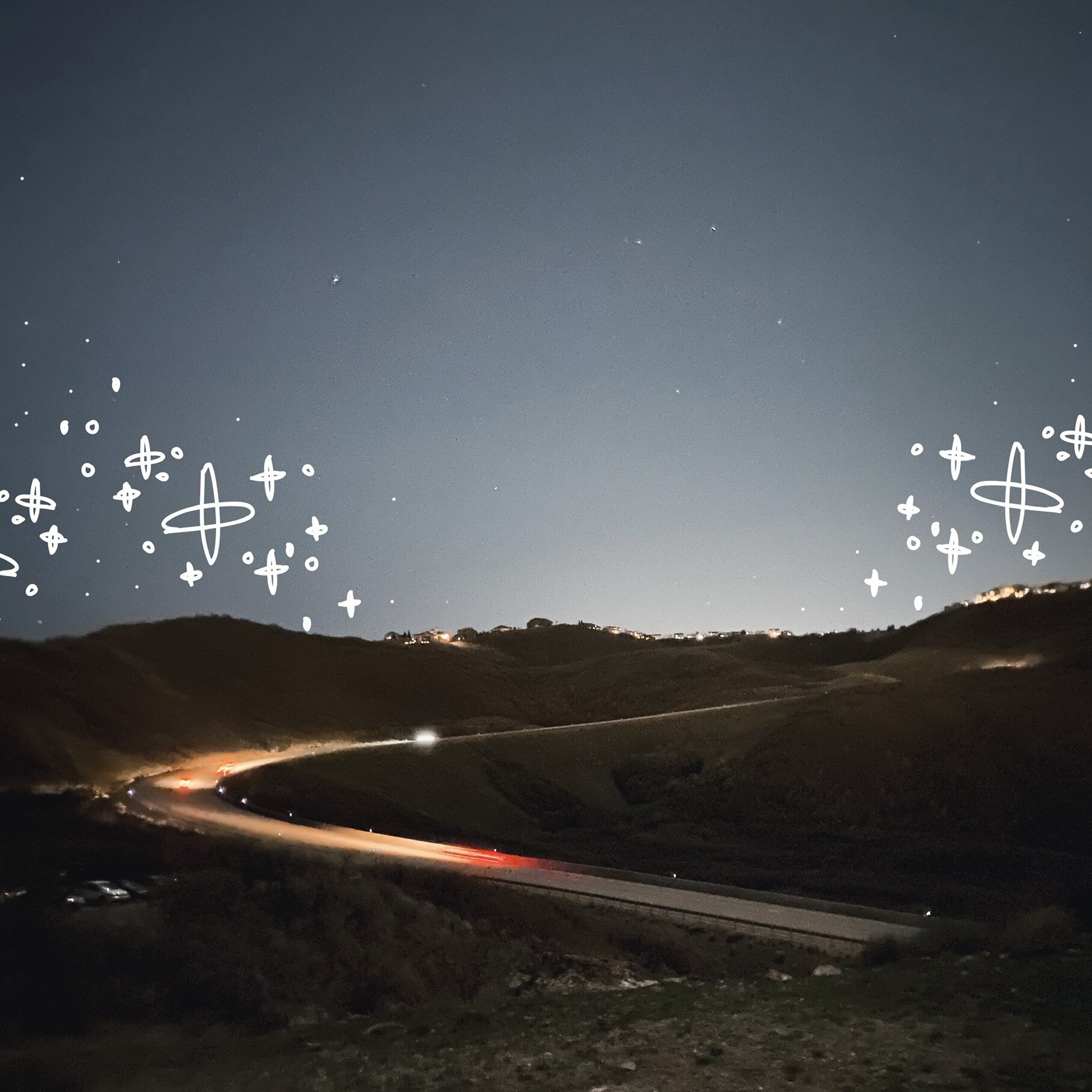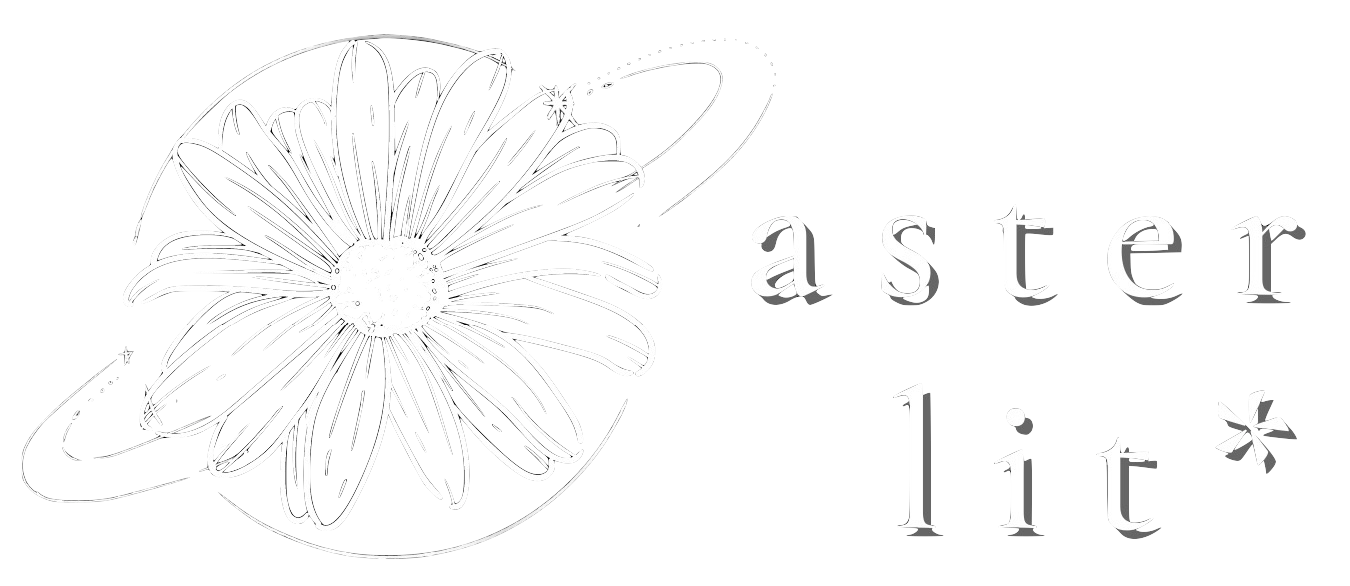
Good Times
Tashfia Ahmed, Bangladesh
Walking past the rubbles always reminds me of Kashif. He used to be my best friend before his building had exploded. Other boys at the camp always bragged about seeing buildings collapse right before their eyes but Mama gets very angry when I lie so I always stayed quiet. Sometimes I wanted to lie. I wanted to say that I had watched the roof fall down in powder and pebbles on my best friend Kashif’s head when an airstrike dropped bombs into my old neighbourhood. But I always stop myself. Mama says Allah doesn’t like liars. So I don’t lie, I only listen.
I stare at Mama’s hunched figure. Her feet carefully trudge over shards of concrete as she cradles my baby sister to her chest, bound around her tightly with my grandfather’s keffiyeh scarf. Mama stops at the top of the pile of broken bricks and bends backwards with one hand on her hip. The other hand remains on the bundled up baby resting above her chest.
“Are you okay?” Baba calls out to Mama. “Do you want me to carry Abeera now?” Mama looks back, shading her eyes with the hand that was just on her hip. “No” she yells back, “Just take care of Hamza.” She looks at me then.
“Hamza, do you want to stop and rest?”
I shake my head no.
When Mama had woken me up today, I could still peep darkness outside our tent. It had annoyed me at first, but when I noticed the urgency with which she was scurrying about, packing fruits and bread into a duffel bag, my annoyance was replaced with puzzlement. The last time I had seen her like this was when we were evacuating our house. But she had looked scared then. Her expression was telling a different story this morning. And it wasn’t fear.
Mama had ordered me to hurry up and get dressed, as she was putting Abeera’s good onesie on her. For me, she had laid out the shirt Uncle Moosa got me last Eid, just a month before he was taken away by a group of uniformed men. When I asked Mama where we were going, she took a step back from the bag and looked me square in the eyes. She said, “Hamza, we’re going to a better place.” She did not smile, but there was a hardness to her gaze. It was unwavering. “In this journey, I need you to be brave.”
So brave I will be. Mama’s back hurts and she still holds Abeera firmly to her chest and resolves to carry on walking. I will do the same.
“There must be a clearing a few feet ahead. We’ll stop and rest there.” Baba says and smiles both at Mama and me. But his lips are pressed a little too tightly together.
When we reach the clearing Baba had promised, he lays a quilt down for us to sit on. Mama takes out some apples and crackers for us to munch on. Doughy bits of the crackers stick to my teeth which I try to clean out with the apples crunching between my molars. Abeera coos softly on Mama’s lap. Baba plays peekaboo with Abeera and Mama smiles at us. For a minute, everything feels fine. But a minute only lasts so long.
The loud whooshing of what sounds like an airstrike incoming engulfs our short-lived makeshift haven amidst the rubble—a leering reminder of where we are. Abeera’s coos erupt in a shrill wail and Mama’s eyes widen the same way they had on our last day at the old house. It is only when the sound has passed and nearly vanished when I realize that my entire body had tensed up, and all the while, Baba had one hand wrapped tightly around my tensed up fist, and another arm around Mama’s shoulder.
When I meet his gaze, I find him wearing the same hardness in his eyes that Mama had worn earlier in the morning. And I wonder to myself, if perhaps, that’s what bravery looks like.
Baba clears his throat, “Nothing to worry about. It went far into the East, and we are headed West.”
Mama nods and without a word, stands up with Abeera in her arms. Swaying her from side to side, Mama walks away to soothe her daughter.
Baba and I sit quietly on the quilt for a few seconds before he breaks the silence with a loud exhale and tells me matter-of-factly, “It’s all rubbles here anyway. There’s nothing to worry about.” And it sounds to me as if he has said this as reassurance to both himself and me.
I smile at Baba and squeeze his hand, trying to replicate the hardness I had seen today in both my parents’ eyes, and Baba lightly squeezes my hand back.
Baba then turns his gaze towards the sky and I take this opportunity to explore our surrounding. There’s no denying that Baba was right. There are no buildings in sight, only their remnants. Nothing to destroy.
I realized that a heavy feeling had been weighing down on my chest and now it has shifted downward to my stomach. About a year ago, I had asked Mama what this meant, when I had broken Uncle Moosa’s spectacles and blamed it on Abeera. I was told that this is what guilt felt like. I guess I am guilty about feeling relieved that the airstrike wasn’t meant for us.
As I examine the ruins around us, something colourful sticking out from between the fragments of concrete catches my eye. I skip forward and crouch to retrieve it. It looks like the magazines Uncle Moosa used to read, but older, more colourful, covered in dust and soot and plaster, and with a considerable portion of its upper right corner completely charred. From the glossy page on top, the smiling face of a woman with big curly hair and shiny green dress greets me. She has rosied cheeks, pink lips, and bright blue eyes with blue lids. On the top, written in bold, black script is “People” and right below it, a date: March 4, 1974. I notice that the woman’s smile has no hardness or tight-lippedness to it. Her smile bares her teeth and crinkles the outer corner of her eyes. It is a smile that makes me want to smile with her.
I slip a finger in between the pages and flip through. The pages inside too are colourful, but not glossy like the outside. They do have a feeling of slipperiness to them though. Inside, there are long passages of writing, with some writing in big bold script on top of those passages. One is titled “Diner Dash.” There are many pictures and drawings too—but none of them look current. Well, of course they don’t. As the date had indicated, this magazine is from many, many years ago. Probably from when my grandfather was a young man.
I flip further through this magazine, entranced by its world of colourful images and happy looking people, until I turn onto a page that particularly grips my attention. It is a picture of some kind of machine. It is big and somewhat resembles the washing machine we used to have at the old house. It is black and has designs of red and blue cloud-like shapes. People in loose-fitting pants and vivid sweater vests seem to be dancing in a dark background with red, green and purple lights shining on them. They all look so painfully happy. On top of the page in various stylized white print is written, “Greer Rock-Ola Sybaris 474” and below it in smaller script, “the pulse of pleasure.” I look at that word—”pleasure.” For a moment, it feels like I can feel it too. Pleasure. Just like the people in the magazine—laughing and smiling in their orange shirts with white dots, loose brown pants that become wider at the feet, skirts with vibrant patterns of big flowers, and their ornate watches with big, rectangular, bright green dials, and their yellow cars with wide black stripes down the middle, their big poofy hairs and shiny white boots.
“Hamza, what’s that you’re looking at?”
Mama startles me, breaking me away from my technicolour escape and back into the reality of the white sky and gray remains. I show her the page with the machine and people dancing. She and I flip through the pages together until she tells me to stop on a page with a drawing of people sitting in tight-knit groups at tables inside what seems to be a restaurant. On the glass window behind this row of tables is written in bright red cursive, “Gino’s Hamburgers.” My eyes linger on the tall slender glasses of pink drinks on one of the tables, topped with whipped cream and small red cherries. I observe the faces of the people enjoying these drinks, and say to Mama, “Look! They all look so happy.”
Mama looks at me with a mysterious smile. “You know, Hamza, this is where we are going.” I feel confused for a few seconds. “We are going to this restaurant?”
Mama laughs a silent laugh with her eyes closed and this laugh shakes her whole body. Abeera, who is fast asleep in Mama’s arms, shakes lightly to the rhythm of Mama’s laugh. This is perhaps the first time in many months that I’ve seen Mama laughing. Once she has composed herself, Mama explains, “No. We are going to this country.”
At first, I feel disbelief. Which is weird because Mama never lies. Then I ask her cautiously, for confirmation, “Does that mean we will be happy too?”
Mama looks at me with sincerity in her eyes and says, “Yes. Good times are coming.”
For the first time in what feels like forever, I feel hope swell up in my chest and spread its warmth to every end of my body. Mama always says that we are lucky, and I am beginning to think she is right. Even though I have lost Kashif, and Mama has lost her parents, and Baba has lost Uncle Moosa in the span of the last few years, we still have each other. I still have Mama and Baba and little Abeera, and we are all going to a new place where I don’t have to feel scared about sounds coming from the sky. Where I can dance and wear colourful clothes.
Mama says Allah blesses those who do as he says. Perhaps, Allah is happy for all the times I wanted to lie but didn’t.
Tashfia Ahmed, 25, is a writer from the idyllic Bangladesh, located in South Asia. Her day job comprises of imparting the knowledge of the English Language and English Literature to 9th and 10th graders at a school. She is a passionate poet whose pieces have appeared in LAMP Anthology. Besides writing, she enjoys spending her time sipping on tea and reading anything that teaches her how to be a better feminist.
